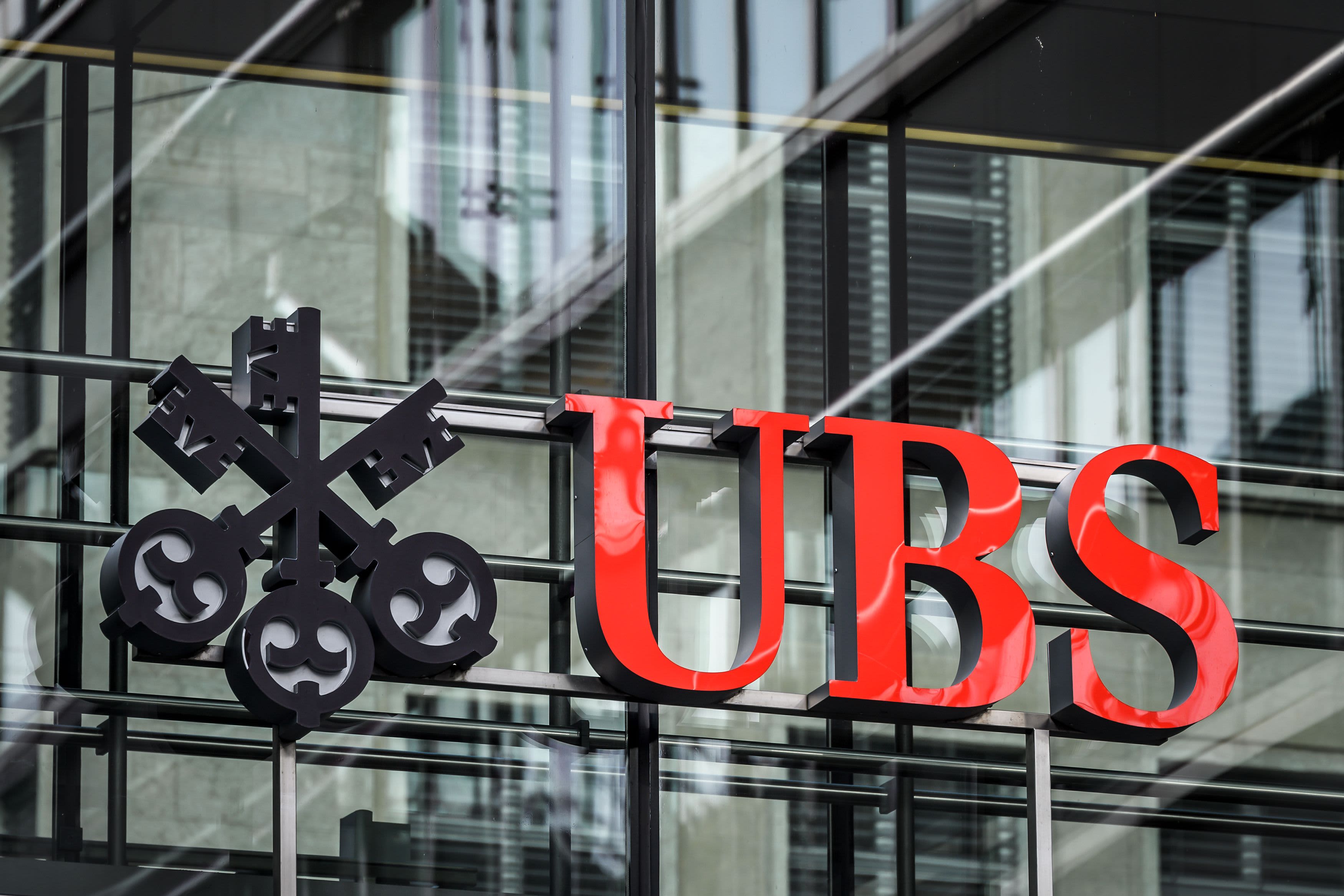UBS Global Wealth Management sees 5% to 10% upside for global stock markets, with emerging markets, financials, energy stocks and small caps best placed to capitalize.
In a monthly investment call Tuesday, U.K. CIO Caroline Simmons said analysts had a particular preference for emerging markets in Asia and China in particular. She also backed cyclical and value stocks — those whose performance will coincide with economic recovery or those with valuations lower than their financial position would justify.
This is based on expectations that the economic recovery will broaden out and accelerate over the course of the year, continuing to support a rotation from the high-flying growth sectors such as technology into sectors that benefit from an acceleration of industrial production and rising inflation.
“Small caps tend to be more cyclical in terms of their sector makeup than larger caps, so they are more convergent to the economic recovery, and their valuations remain attractive,” Simmons said on the call.
“The price-to-book ratio of the MSCI Small Cap (index) relative to the MSCI World is nearly two standard deviations below the long run average, so the small caps, despite having already performed quite strongly since November, remain attractively priced.”
She noted that financials had underperformed the S&P 500 by around 5% since the end of 2019, but have recently begun to make a comeback as the rotation to value and inflation expectations gathered pace.
A recent rise in the benchmark U.S. 10-year Treasury yield and other bond yields around the world have triggered volatility in equity markets, as investors began to question the valuations of growth-based sectors susceptible to higher interest rates.
The 10-year yield was hovering at around 1.6209% on Thursday morning in Europe, but UBS forecasts that it will reach around 2% by the end of the year.
“Higher yields and steeper yield curves generally are more helpful for financials. They help their net interest margins and they also generally see an improvement in non-performing loans,” Simmons said.
She added that financial earnings would benefit if provisions for bad loans are seen to be excessive compared to the reality of the loan losses, while valuations remain low relative to the rest of the market.
Meanwhile energy stocks, as of Tuesday afternoon’s call, had unperformed the S&P 500 by around 33% since the end of 2019, and UBS believes there is considerable room for a catchup. The Swiss lender forecasts Brent crude prices to hit $75 per barrel by the end of the year, and Simmons noted that energy companies are offering strong cash flows and dividend yields.
International benchmark Brent crude futures traded at $63.60 on Thursday morning.
Bond yield breach
While rising bond yields have caused some jitters in the market, Simmons argued that a continued climb would not necessarily spell the end for equity gains.
“In the past 25 years, there have been 10 periods in which the 10-year Treasury yield rose by more than 100 basis points, and in all of those instances, global equities delivered flat or positive returns,” she pointed out.
In a letter to investors Monday, UBS Global Wealth Management CIO Mark Haefele noted that rising inflation expectations also tend to reduce equity risk premiums, though he added that “all else equal, higher yields do present a headwind for stock valuations.
Haefele highlighted that despite rising yields, current valuations are above the long-term average for the equity risk premium. An equity risk premium is the return generated on a particular asset over and above the risk-free rate of return.
“We don’t think that inflation or yields are a risk. What I will say is that if you get yields moving significantly higher, maybe above 2.25% on the U.S., then that does potentially start to have implications for the valuations of the equities, and then it would become a discussion about whether the earnings growth is strong enough to offset a valuation impact or not,” Simmons said.
